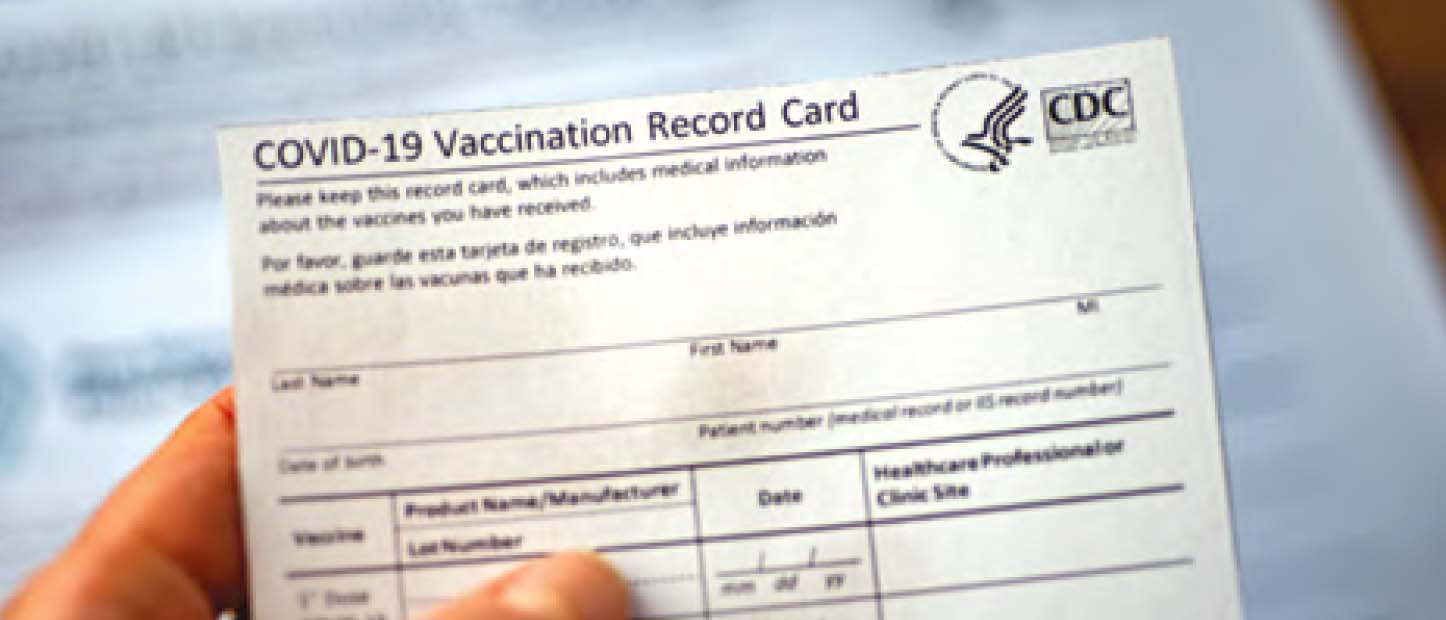
Zika – What You Need to Know

By Erin O’Brien
The Zika virus belongs to a family of subtropical mosquito-borne viruses and has been in the news frequently as of late. As with most stories reported in the news today, it is important to separate the facts from fiction regarding Zika and de-sensationalize what is being portrayed by the media.
The most recent Zika outbreak came to light in the spring of 2016 in Brazil as the country prepared to host the 2016 Summer Olympic Games. Coverage of the outbreak stayed in the news due to several prominent athletes making the decision not to compete in Rio de Janeiro, whether because of the risk of contracting Zika or a range of other reasons, such as political unrest, poor environmental conditions and associated health risks, concerns over safety from terrorist attacks and mismanagement of the event. Since the outbreak was first documented in Brazil, it has also spread to several other areas of South and Central America and even made its way to the United States, as travelers who visited Zika-affected countries have returned infected with the virus.
This article will discuss some of the facts about Zika and the risk of contracting the virus. Hopefully, many of you will be attending the 2017 CSDA Convention & Tech Fair taking place March 14-18, 2017 in Puerto Rico, one of the many areas affected by Zika. It is my hope that you read this article and decide for yourself if you have any reason to be concerned, rather than taking sensationalized news stories as fact.
WHAT IS ZIKA?
The Zika virus is a mosquito-borne virus, meaning it is transmitted via a bite from an infected mosquito. It was first discovered in the Zika Forest in Uganda in 1947, and since then there have been outbreaks in tropical Africa, Southeast Asia and the Pacific Islands. The symptoms of Zika are similar to those of dengue fever, chikungunya and other viruses transmitted by the Aedes aegypti and Aedes albopictus mosquitos. These mosquitos live in tropical, subtropical and temperate climates. Their range includes much of the southern and eastern United States. (See Fig. 1)

Estimated range of the Zika-transmitting Aedes aegypti mosquito in the U.S. 2016.
There are currently over 50 countries (as of August 2016) reporting confirmed cases of Zika infections, including the United States, Mexico and most of Central and South America. Nearly every state in the U.S. has reported at least one confirmed case of Zika, while Florida has 419 cases and New York has 519. The total number of Zika cases in the U.S. is only about 2,500, with a U.S. population of 321 million (meaning less than 0.000001% of the population is infected). In July 2016, the first non-travel related case of Zika was confirmed in the Miami, FL area. The number of locally-acquired (non-travel related) cases in Florida is now at 14 at press time, with potentially more on the horizon. It is important to note that the mosquitoes that carry Zika cannot travel very
far during their lifespan and die off quickly. Houston, New Orleans and Tampa Bay are being carefully monitored, as all locations have the highest probability for locally-acquired Zika outbreaks due to their climate.
HOW DO I KNOW IF I HAVE ZIKA?
Many people who contract Zika will not experience any symptoms, or the symptoms will be very mild. For those who show symptoms, they can include fever, rash, joint pain, conjunctivitis (red eyes), muscle pain and headaches. Those with Zika rarely need to be hospitalized for symptoms and usually recover within a few days. Although a bite from an infected mosquito is the most common form of transmission, the virus can also be transmitted from sex with an infected male partner, from a pregnant woman to her fetus or possibly from blood transfusions. Once a person has been infected with Zika, they are likely to be protected from future infections. While most people who contract Zika will not become sick, or will only be mildly ill, a Zika infection in a woman who is pregnant can cause fetal birth defects.
A Zika diagnosis is based on a person’s recent travel history, symptoms and test results. A blood or urine test can confirm a Zika infection.
HOW DO I AVOID GETTING INFECTED?
There is no vaccine to prevent Zika or medication to treat it. The best defense is to protect yourself against mosquito bites. To prevent mosquito bites:
• Wear long-sleeved shirts and long pants
• Use EPA-registered insect repellants with one of the following active ingredients:
• DEET
• Picaridin
• IR3535
• Oil of lemon eucalyptus or paramethanediol (do not use on children younger than 3 years old)
• Stay in places with air conditioning and window and door screens to keep out mosquitos
• Use mosquito netting if air conditioned or screened rooms are not available or if sleeping outdoors
• Do not use insect repellant on infants younger than two months old
Additionally, because Zika can be transmitted through sex with an infected man (there is no evidence that a woman infected with Zika will transmit the virus through sex), protection should be used if the man has been infected with Zika for up to six months following the first sign of symptoms. If a man traveled to a Zika-infected area but did not show signs of contracting the virus, protection during sex should be used for eight weeks following travel.
WHAT SHOULD I DO IF I SHOW SYMPTOMS OF ZIKA?
A person who has traveled to a Zika-infected area or had sex with someone who did and shows symptoms of contracting the virus should see their doctor to be tested. Otherwise, the treatment is similar to treating many other viruses. Rest, hydration and acetaminophen (Tylenol) are the best tools to relieve the symptoms. Avoid sex while symptoms are present and take precautions for
several weeks after. Zika symptoms will usually subside within a few days.
WHY DOES THIS MATTER TO ME?
While the risk of contracting Zika in the continental U.S. is low, the risk will continue to increase during warm summer months and into the fall in the southern and eastern United States. During this time, Zika-carrying mosquitos will travel further north into the U.S. and can infect a person if that mosquito is infected. The risk of contracting Zika will greatly decrease once temperatures cool down this fall and winter, and the infected mosquitos die off.
As mentioned earlier, the 2017 CSDA Convention & Tech Fair will take place in Puerto Rico. The association is aware of the risk of Zika and does not believe convention attendees are at a significant risk to contract Zika while in Puerto Rico. Puerto Rico has a similar climate to Zika-prone areas in the U.S. and a population of 3.5 million people. However, despite its location, only 0.001% of the population is infected with Zika, with most of the infected population located away from the coast. Additionally, the current outbreak started late in the spring of 2016. Next March is not likely to be a time when infected mosquitos will be present in great numbers in Puerto Rico, if the current outbreak even survives through this winter. CSDA wants to educate its members and audience on the potential risks. The convention hotel, the Gran Melia Golf Resort, is located on a peninsula on the northeastern part of the island. Due to its location, surrounded by the ocean and with plenty of ocean breezes, mosquitos are not common on this part of the island. Additionally, all rooms are air conditioned with screened doors and windows and the resort is recently built, with no areas of standing water, which typically attracts mosquitos. CSDA is working with the hotel to ensure convention attendees will be as safe as possible.
The Center for Disease Control (CDC) has advised against travel by pregnant women to Zika-infected areas, and CSDA supports this advisory. We also recommend any woman planning to become pregnant shortly after the convention consult their physician prior to making travel plans. Convention attendees, or anyone, can reference the CDC website on Zika (https://www.cdc.gov/zika/
index.html) for up-to-date information and advisories. CSDA will also continue to keep convention attendees informed on the latest development and risks, if any.
The news media has done an excellent job whipping the public into a frenzy and over-exaggerating the dangers of Zika. CSDA encourages you to do your own research and decide what is best for you. We believe the risk to convention attendees is minimal, and recommend all attendees take the standard precautions for traveling to a tropical environment. The mosquitos that transmit Zika are present in Puerto Rico, but also in the majority of the southern and eastern United States, and will likely not be present next spring. CSDA is happy to discuss any concerns convention attendees may have and encourages readers to reach out with any questions. We hope to see you all in Puerto Rico next March!
Author’s Note: The author is a woman of child-bearing age who will be making the trip to Puerto Rico and is not concerned about contracting Zika. She did not see one mosquito on hotel property during a recent trip to the hotel while planning for the convention and did not return home with any mosquito bites.














